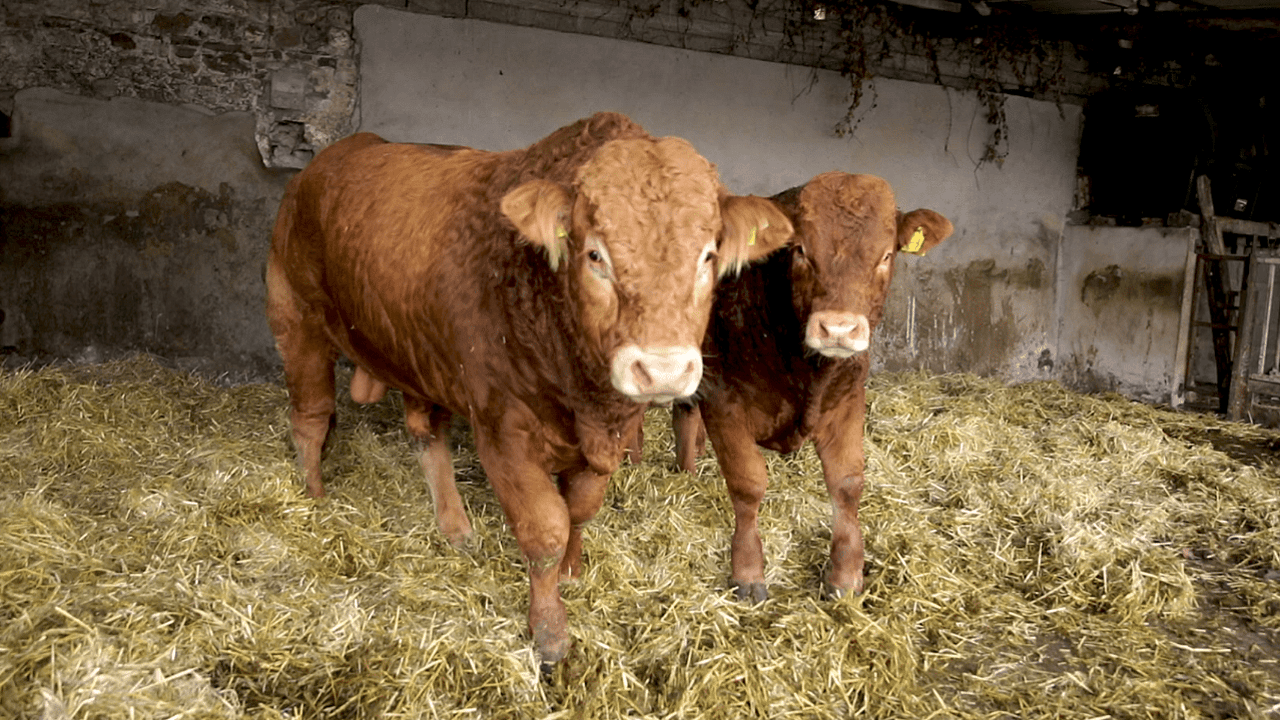When is it appropriate to let out the stock bull?
For many farmers, it has been a tiresome few weeks getting cows back into calf, which may result in an eagerness to let out the stock bull.
Many spring calving herds are now four weeks into the breeding season. Breeding has a vital role to play on dairy farms - not only for milk production, but also for improving the genetic merit of the herd.
To achieve genetic gain in the herd, the majority of dairy farmers are using artificial insemination (AI), but this does not mean that stock bulls do not have a role to play.
Getting the stock bull out at the right time is crucial. If let out too early, there is the possibility that there will be too many cows to be served.
A mature stock bull should be able to cover about 30 cows within three weeks, which means the bull will be serving about 1.4 cows/day.
If there are a lot of repeats or more cows that are coming into heat in the next few weeks, the bull will more than likely be overworked. This can have a serious impact on your breeding season.
It is a good idea to read back through your records to get an idea of the number of cows potentially in calf, although it may be difficult to get an exact number.
All dairy farmers should first calculate the number of replacement heifers they want, and then calculate the number of dairy AI straws needed to generate that number of replacements.
AI is going to play a key role in the breeding programme, with the use of sexed semen maximising the genetic merit in replacement heifers, while minimising low value dairy calves.
Once a farmer has done this, they can then use beef AI bulls and beef stock bulls to sire the remaining calves, in order to minimise the number of low value dairy calves.
Your stock bull should ideally be a beef breed, easy calving and short gestation, that is also genomically tested.
Many farmers will be letting out their stock bull in the coming weeks and whether it be a dairy 'sweeper' bull or a beef bred bull, the timing is essential to make sure you have bred your replacements.





